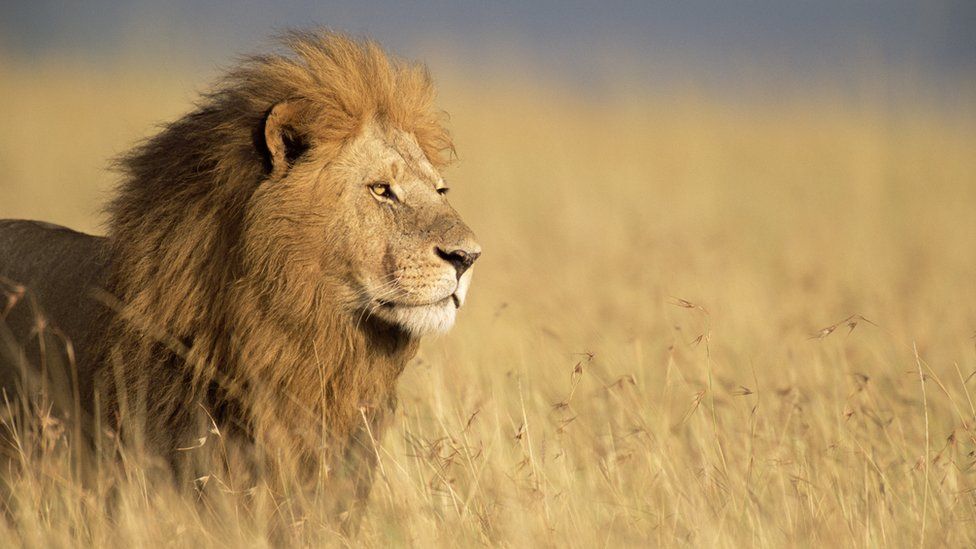-

-
-
Loading

Loading

A recent study conducted in South Africa’s Kruger National Park has found that the sound of human voices instills a greater fear in wild mammals compared to the sound of lions. Researchers played recordings of people talking through hidden speakers at water holes in the park and observed the animals' responses. Surprisingly, around 95% of the animals became extremely frightened and quickly fled the area upon hearing human voices. In contrast, the recordings of lions snarling and growling elicited considerably less fear. It is worth noting that the study chose to use recordings of human speech in local languages commonly spoken in the country. In some cases, certain elephants actually attempted to confront the source of the big cat calls. This suggests that the animals, including antelopes, elephants, giraffes, leopards, and warthogs, have learned to associate contact with humans as highly dangerous, due to activities such as hunting, gun use, and the use of dogs to capture them. What’s interesting is that this fear of humans extends beyond the Kruger National Park, indicating a global pattern where wildlife tends to fear humans more than any other predator. This finding presents a challenge for areas reliant on wildlife tourism, as the human visitors they seek to attract unintentionally scare off the very animals they hope to showcase. However, these findings also offer the potential for protecting vulnerable species in these ecosystems. When used appropriately, human sounds could actually serve as a deterrent against illegal poaching.